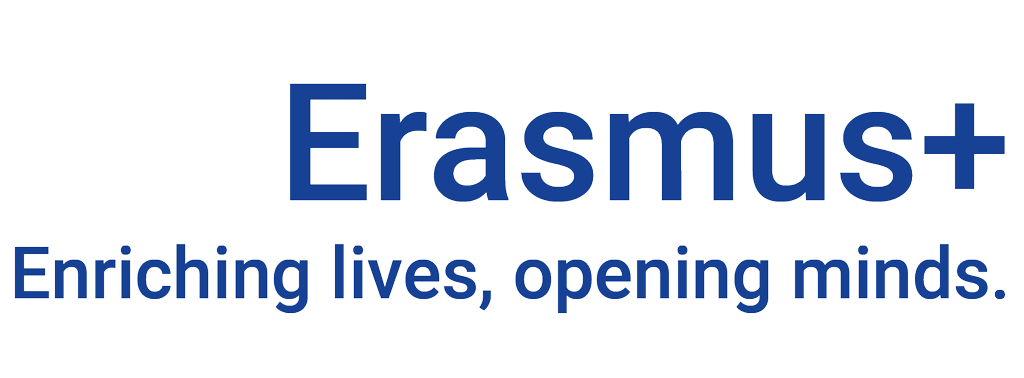Last year, EuroClio and the Dutch broadcasting company VPRO joined forces to launch a very exciting and unique exchange project for European schools: “In Europe Schools”. This project has made teaching history a lot more exciting by using documentary-making! After a successful piloting phase, VPRO and EuroClio are delighted to host a new round! Four Education Kits have been developed by a team of authors: Difficult History, Migration, Climate Change and Gender Equality. Once schools sign up, they will be matched with partner schools throughout Europe to start working on the Education Kit of their choice. Each Kit includes teacher and student materials and consists of four steps: introduction of the topic, in-depth analysis of the topic and its context, conducting research and the making of a documentary, and finally, sharing the videos with the partner school abroad.
Each Kit provides the students with a starter clip and a central research question that shall be resolved throughout the course of the project. The Climate Change Education Kit for example encourages and challenges students to answer the following question: How should we deal with Climate Change? It challenges students to recognize the characteristics of climate change and the different ways of dealing with it in the past and present days. It also aims to develop a basic knowledge and understanding about policies and encourages students to evaluate different perspectives and find solutions to the issue.
Another highlight is the newly-developed Education Kit on Gender Equality, which raises the question: How to respond to gender inequality? This kit aims to introduce students to issues and consequences related to gender inequality as well as to help students to develop well-considered views with rational arguments on this topic.
The most innovative component of each Education Kit is step three. The students start preparing the making of their documentaries by doing research. They are asked to work in groups of four, in which each student is assigned one of the following roles: researcher, interviewer, cameraman/woman and editor. All roles are extensively explained in Tutorials made by the VPRO. After completion, the video is exchanged with the partner school to see and reflect on how the same topic is approached differently!
The Tutorials and documentaries finished during the pilot phase are available on the “In Europe Schools” YouTube Channel.
The newly developed @Home Tutorial provides tips and tricks on how to complete the project from home. By providing a great sense of flexibility, this makes the Project perfectly suitable for teachers and students in times of social distancing and closed schools!
How to get involved?
Are you interested? EuroClio and VPRO would be delighted to have you on board for the new round of “In Europe Schools” starting in October 2020! For an overview of all materials, more information and registration please visit: www.vprobroadcast.com/ineuropeschools.
EuroClio is co-funded by the Europe for Citizens Programme of the European Union.
Retour


